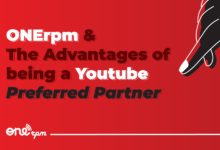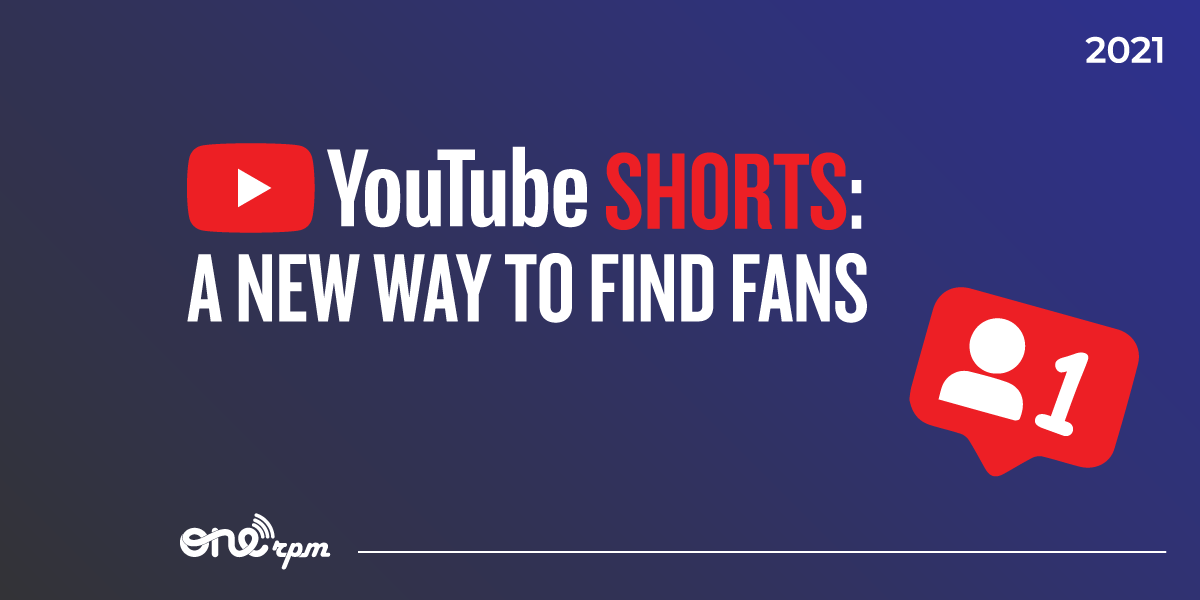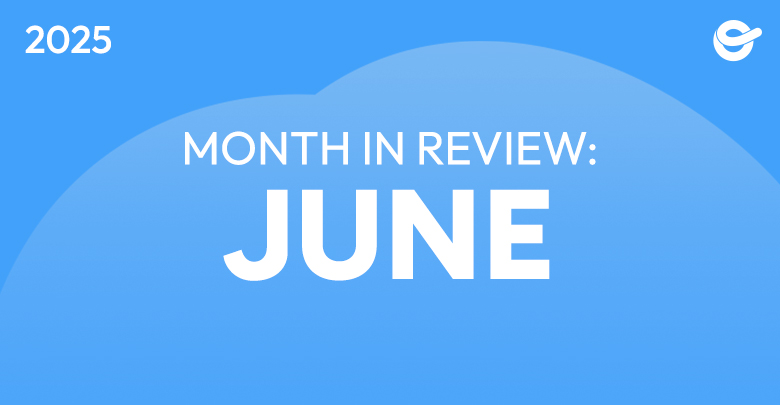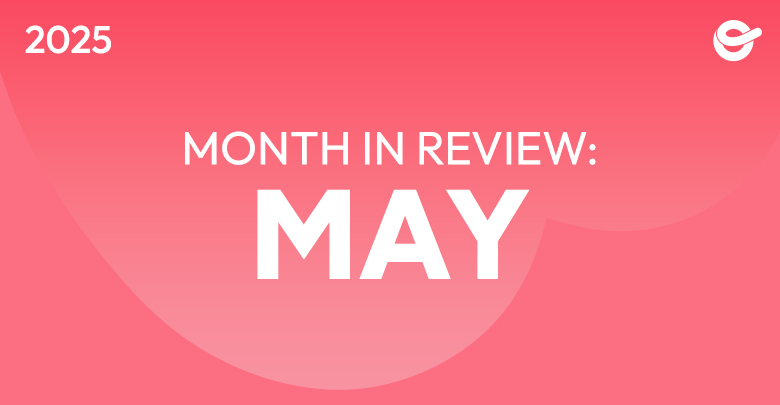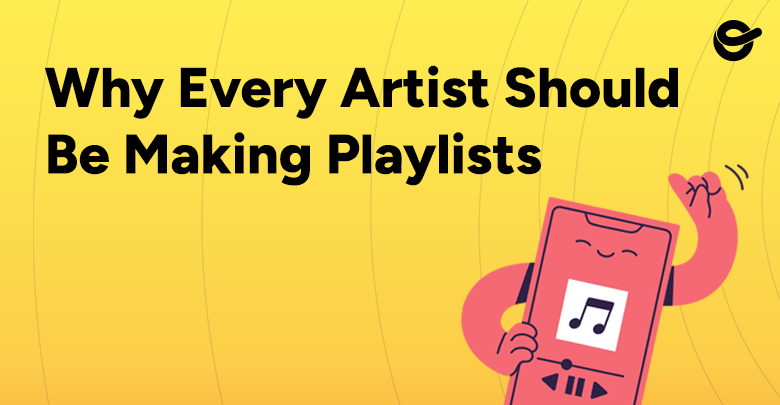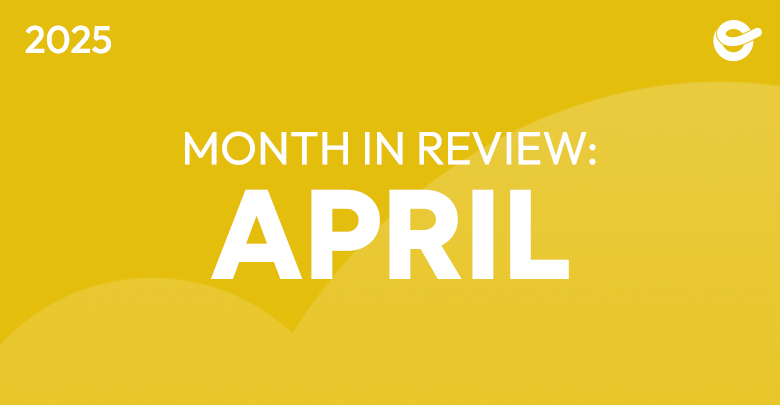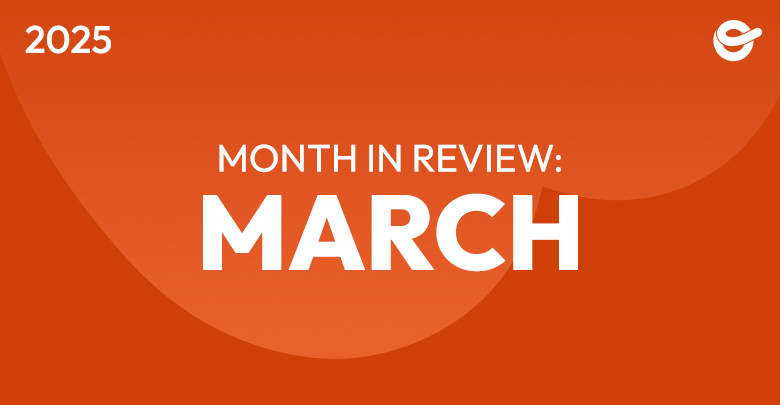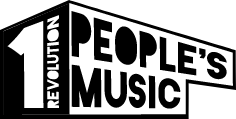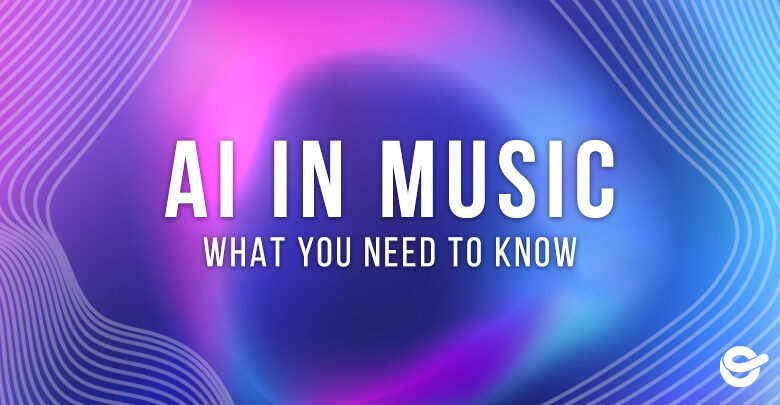
Overview: AI & The Music Industry
What You Need To Know
The latest wave of AI technology has quickly become a powerful disrupter for anyone in content creation. With a recent landmark case setting a new and important precedent, now is as good a time as ever to recap, get a grip on the basics, and an idea of where it might all be heading.
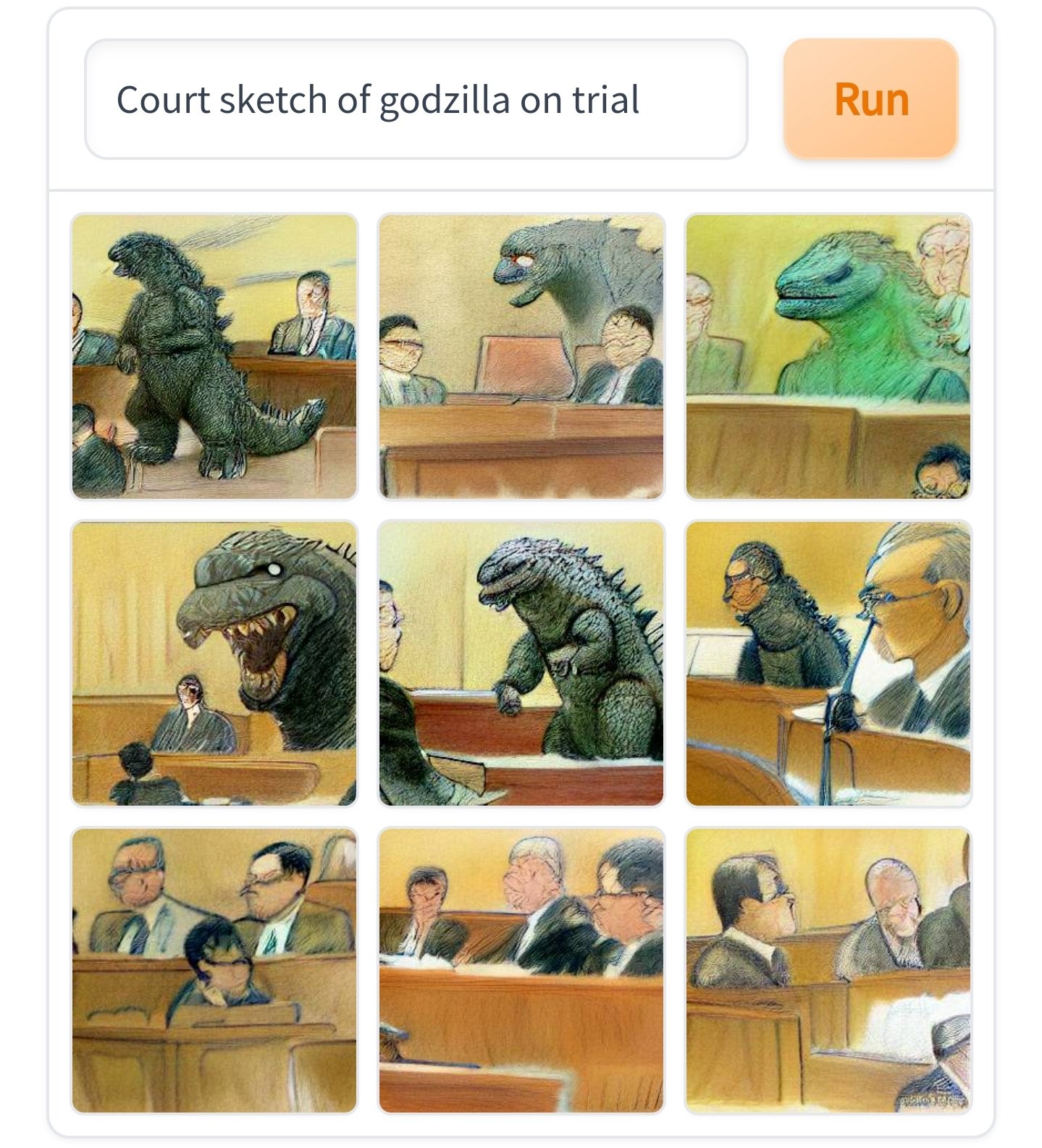
Intro
Dall-E and ChatGPT have certainly done well to break the internet on countless occasions in the last few months. With the ability to satisfy both the practical and impractical, it should come as no surprise that these two platforms have kicked off the revolution that they have. Whether it’s coding/copy-writing, or creating sometimes fun, sometimes nightmarish art, AI has proven itself to be wildly versatile.
The Major Players In Music
Some of the largest tech companies in the world have been experimenting in the AI music space for years. Spotify’s Creator Technology Research Lab opened in 2017, headed by French AI expert Francios Pachet, and they just launched their new AI DJ tool. Spotify CEO Daniel Ek has also made some controversial investments into AI defense company Helsing. Google’s Magenta project has been around since 2018, and they’ve just announced a new text-to-music product called MusicLM. OpenAI, the company behind Dall-E and ChatGPT, has both a Midi generator, MuseNet, and an audio file generator, Jukebox.
Newer players like Soundraw, Boomy, and AIVA make it even easier to use AI to generate brand new music.
AI has also been used to create tools like CloudBounce, which masters raw tracks using AI, and audio plugins like iZotope’s digital assistants. AI music video makers, like WZRD, create trippy visualizers using AI images. It’s even being used to identify potential copyright infringement.
The Latest Headlines
Earlier this month, the US Copyright Office ruled that images created by AI cannot be protected by copyright, as they are not the product of human authorship. This means that any music “written” by AI is automatically public domain, though the sound recording itself is still copyrightable. It’s worth noting that this ruling is subject to change, and there may be further shakeups on the horizon.
What’s Next
While it’s extremely reassuring to see laws begin to form around AI as it pertains to copyright, the sheer scope of which AI encompasses, and the rate of development of the technology suggests there will be a long road ahead. Currently much of the technology available to the public is limited in some large way, Chat GPT for instance, only has data from 2021 made available to it. With one hand tied behind its back, Chat GPT has caused massive upheaval in countless industries.
In the coming days, months, or years, there will likely be no shortage of curveballs. If Google’s laying-off engineer Blake Lemoine for claims that the company’s chatbot Lambda was “sentient” is any indication of where we’re headed, then there’s a long road ahead. In the short term, Microsoft’s Bing Chatbot will mark the entry of yet another massive tech company into the AI arms race, though early results suggest a tempermental product prone to grandstanding. In the long term, your guess is as good as ours.




